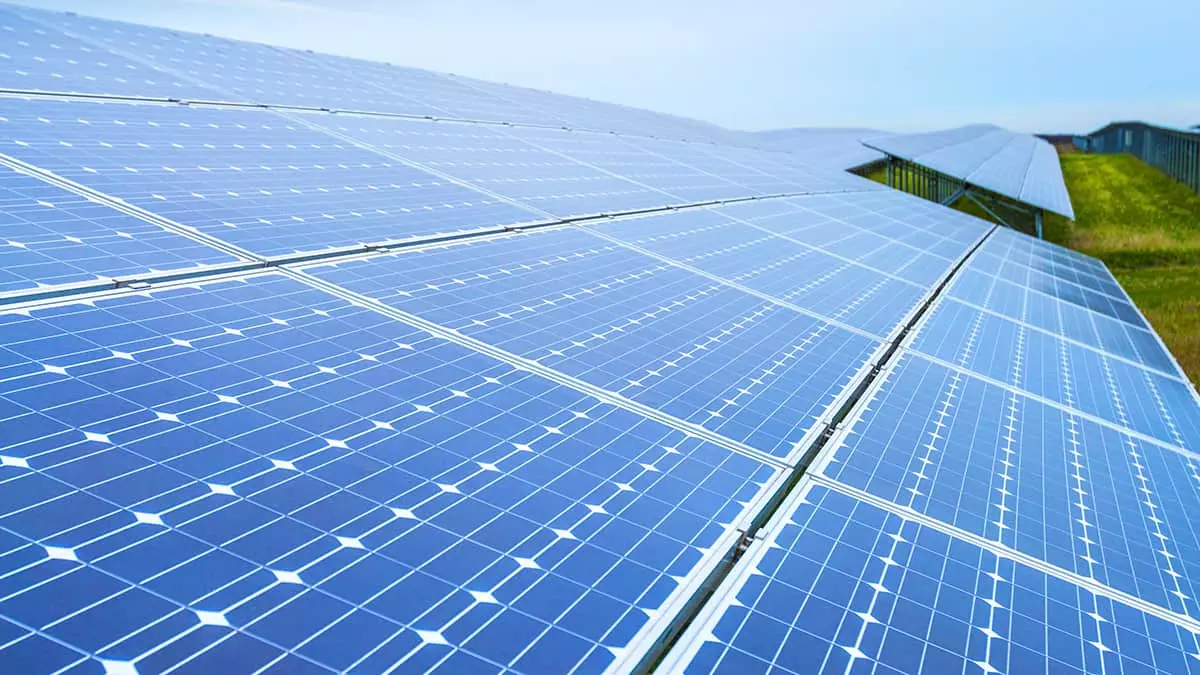WEB DESK, July 12(ABC): Researchers working to maximize solar panel efficiency said layering advanced materials atop traditional silicon is a promising path to eke more energy out of sunlight. A new study shows that by using a precisely controlled fabrication process, researchers can produce multilayered solar panels with the potential to be 1.5 times more efficient than traditional silicon panels.
“Silicon solar panels are prevalent because they are affordable and can convert a little over 20% of the sun’s light into usable electricity,” said Lee, a professor of electrical and computer engineering and Holonyak Micro and Nanotechnology Lab affiliate. “However, just like silicon computer chips, silicon solar cells are reaching the limit of their abilities, so finding a way to increase efficiency is attractive to energy providers and consumers.”
Lee’s team has been working to layer the semiconductor material gallium arsenide phosphide onto silicon because the two materials complement each other. Both materials absorb visible light strongly, but gallium arsenide phosphide does so while generating less waste heat. In contrast, silicon excels at converting energy from the infrared part of the solar spectrum just beyond what our eyes can see, Lee said.
“It is like a sports team. You are going to have some fast people, some who are strong and some with great defensive skills,” he said. “In a similar way, tandem solar cells work as a team and take advantage of the best properties of both materials to make a single, more efficient device.”

























